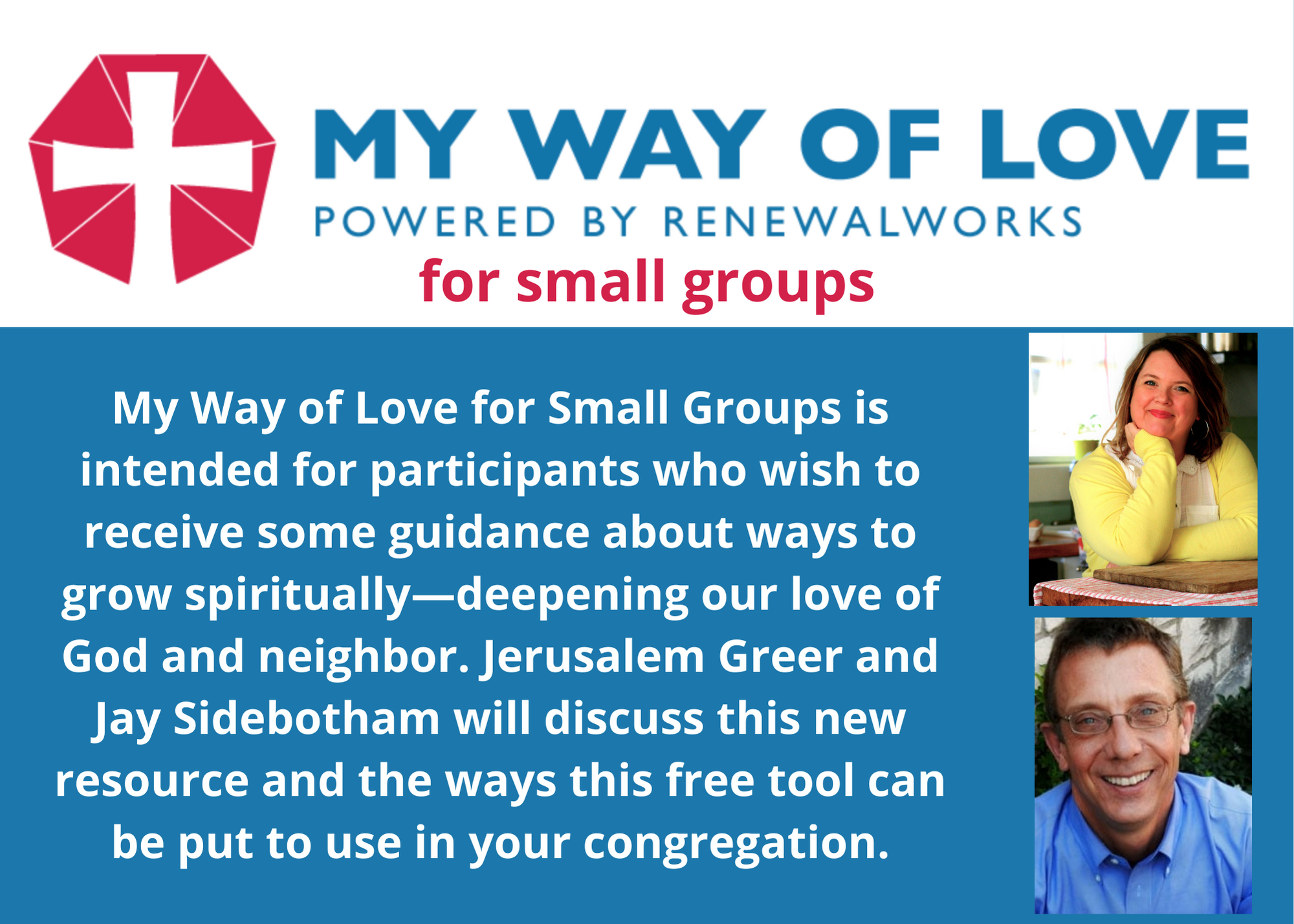
|
The Peace of Wild Things
|
Peace
Blessed are the peacemakers, for they will be called the children of God.-Matthew 5:9
I’ve read the beatitudes many times. In this time around, one of the things I’ve noticed (which you all probably have seen forever) is how each beatitude makes a different claim. Each holds a different promise. Some who are blessed will inherit the kingdom of heaven. Some will inherit the earth. Some will be comforted. Some will be filled. Some will receive mercy. Some will see God.
In today’s verse, we note that peacemakers will be called children of God. Think with me about what that means. Aren’t we all God’s children? It occurred to me that maybe what it means in this context is that peacemakers will bear a family resemblance to God. As God is a peacemaker, so those who make peace in our world will be called, seen as, identified as God’s children.
St. Paul spoke about God being our peacemaker, mostly through the ministry of Jesus. The letter to the Ephesians offers a reflection on the mystery of the church where people who had been distant from each other are brought together. In that letter, whether written by Paul or one of his students, we read that God working through Christ is our peace: “But now in Christ Jesus you who once were far off have been brought near by the blood of Christ. For he is our peace; in his flesh he has made both groups into one and has broken down the dividing wall, that is the hostility between us.” (Ephesians 2:13,14) Jesus, as he prepared to leave his disciples, said “Peace I leave with you.” (John 14:27) It was admittedly an other-worldly kind of peace (not as the world gives). So what does that other-worldly peace look like, that might create a sense of resemblance to God?
Peacemakers are those who do that work. And it can be work. Consider it first on a global scale. Yitzhak Rabin, whose work for peace ultimately made him an assassin’s target, spoke about peacemaking this way: “You don’t make peace with friends. You make it with very unsavory enemies.” I suspect both sides of that peace agreement felt they were dealing with unsavory enemies. But they signed an agreement.
A bit closer to home, partisan divides in our nation make it important that we figure out how to live with people we disagree with, without resorting to violence. As Gandhi said: “An eye for an eye will leave the whole world blind.” At the same time, the refrain “No peace without justice” means that peacemaking is not a matter of papering over differences or ignoring disparity. As Desmond Tutu has taught us, truth and reconciliation go hand in hand.
In our churches, in our liturgy, we act out peacemaking in the eucharist. We exchange the peace. It can become rote, even an occasion for exchanges of pleasantries, where people compliment each other on a good haircut or a strong fashion statement, or marvel or grieve over last nights’ sport scores. But that liturgical moment has huge importance, as it says that the work of peacemaking must always go on in the church, where injury often takes place, and where there is always a path toward reconciliation. The work of peacemaking must happen before we are fed spiritually with the bread and wine.
We have opportunity to be peacemakers in our homes, in our closest relationships, where peace is often the most difficult to achieve. Someone once told me that the Bible is really just a story of sibling rivalry. From the days of Cain and Abel, Jacob and Esau, David’s rebellious sons, Jesus’ brothers, scripture tells us that peace in our homes may take work.
Maybe it all begins with doing the work that will bring peace in our hearts. That begins with carving out quiet time, like Milan Kundera with his dog. That comes with a deepening trust in God’s care and provision, gratitude for the love from which we can never be separated, love that calls us to freedom from anxiety, inviting us to give thanks in all things.
In our lives, there are all kinds of opportunities to be peacemakers. Is there some way you can take on that holy work this week? Is there some way you can pray (in word and action) for peace in our world, in our churches, in our homes, in our hearts? Apparently, it’s what children of God do.
-Jay Sidebotham

Please join us November 4th at 7pm Eastern
RenewalWorks: Connect with Jerusalem Greer and Jay Sidebotham
to discuss My Way of Love for Small Groups
Join our RenewalWorks: Connect email list to receive more details and the Zoom link
